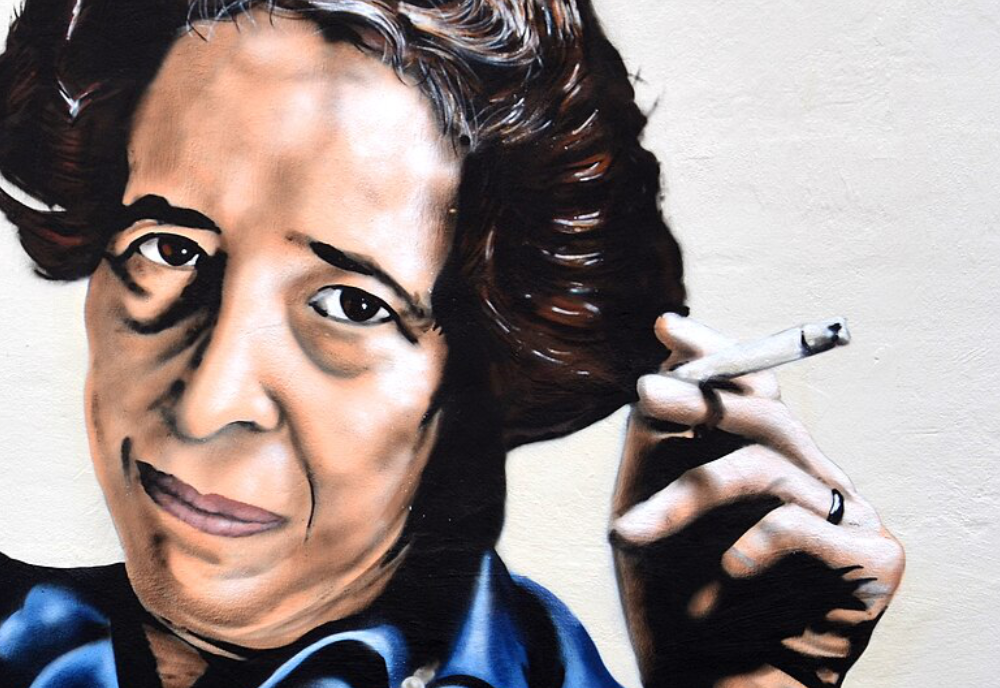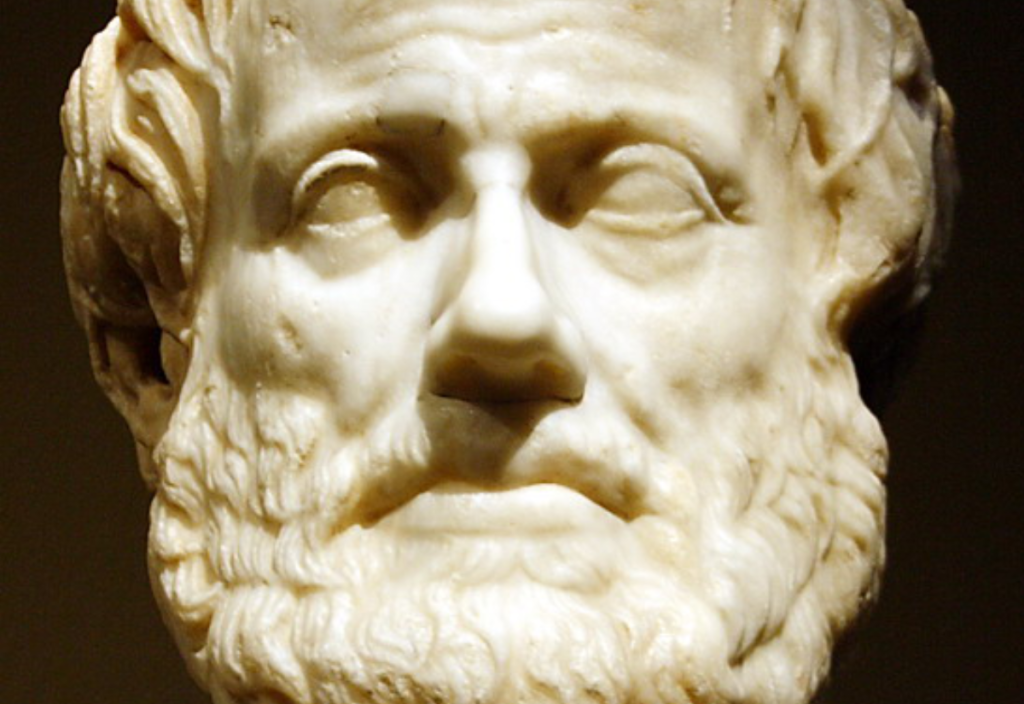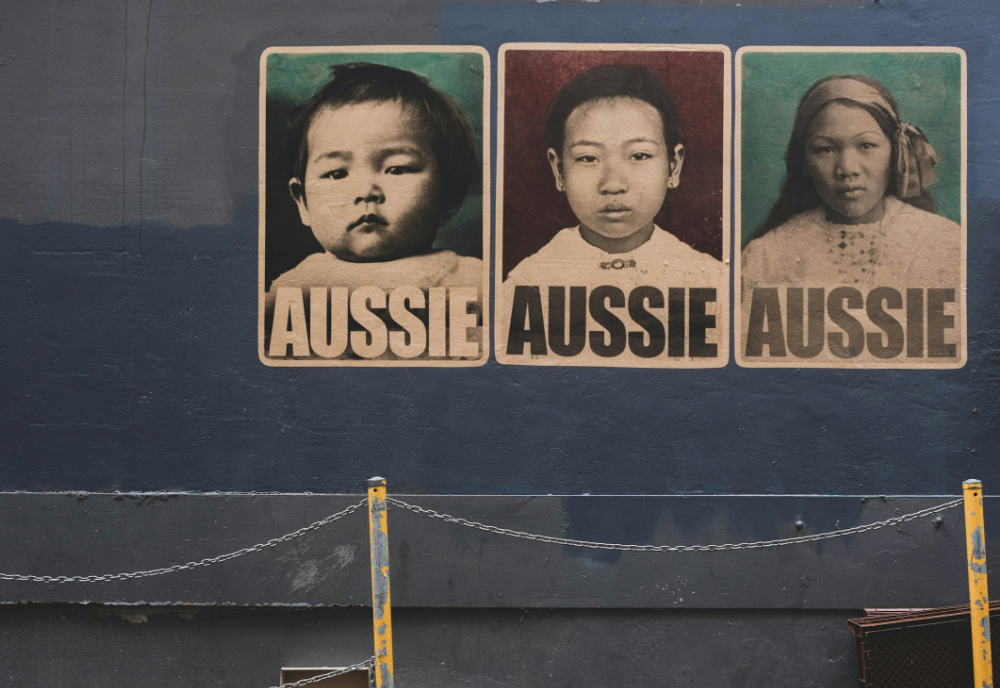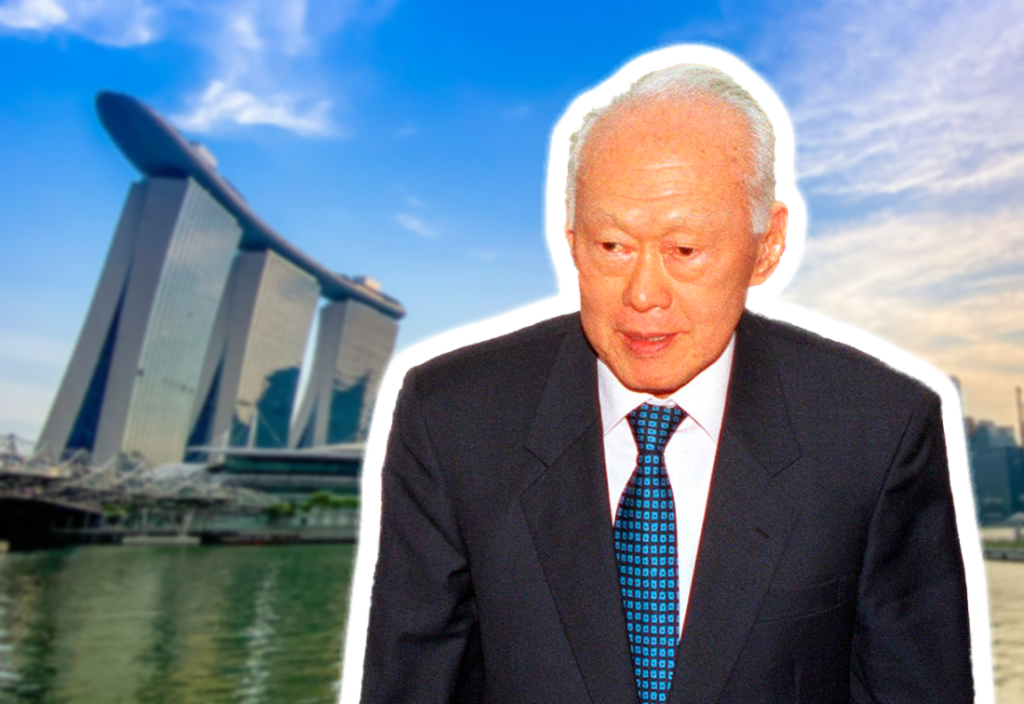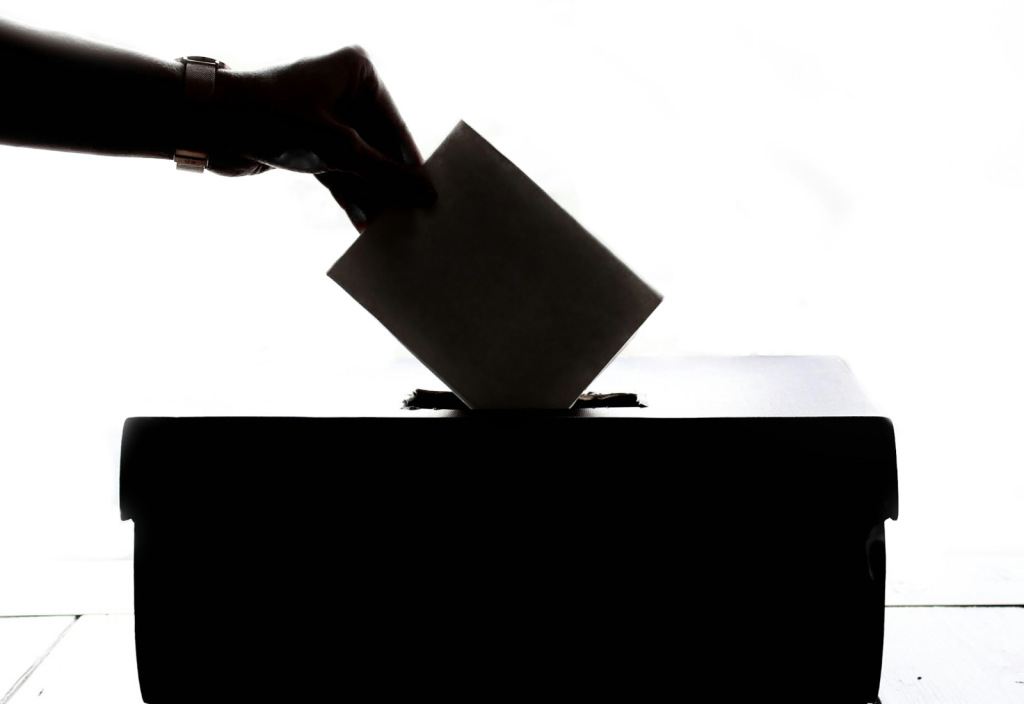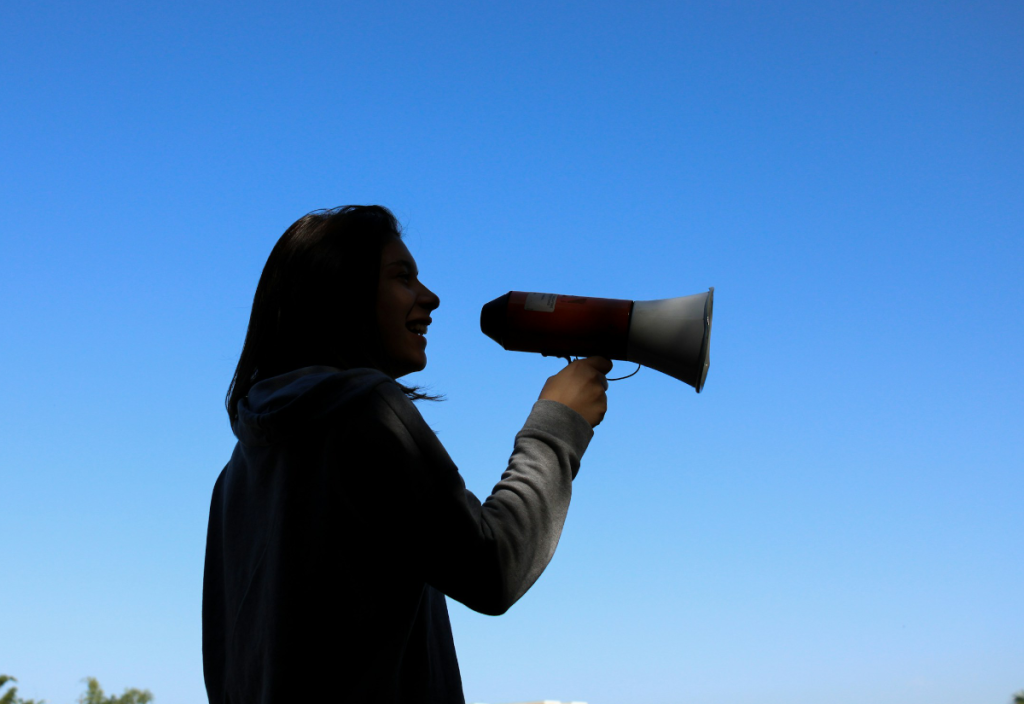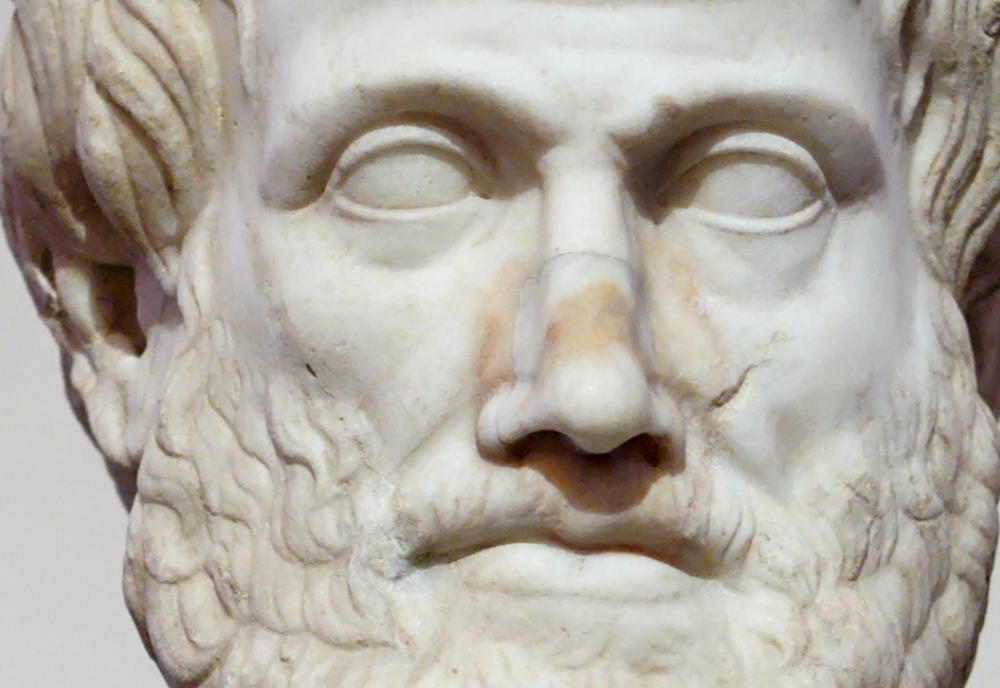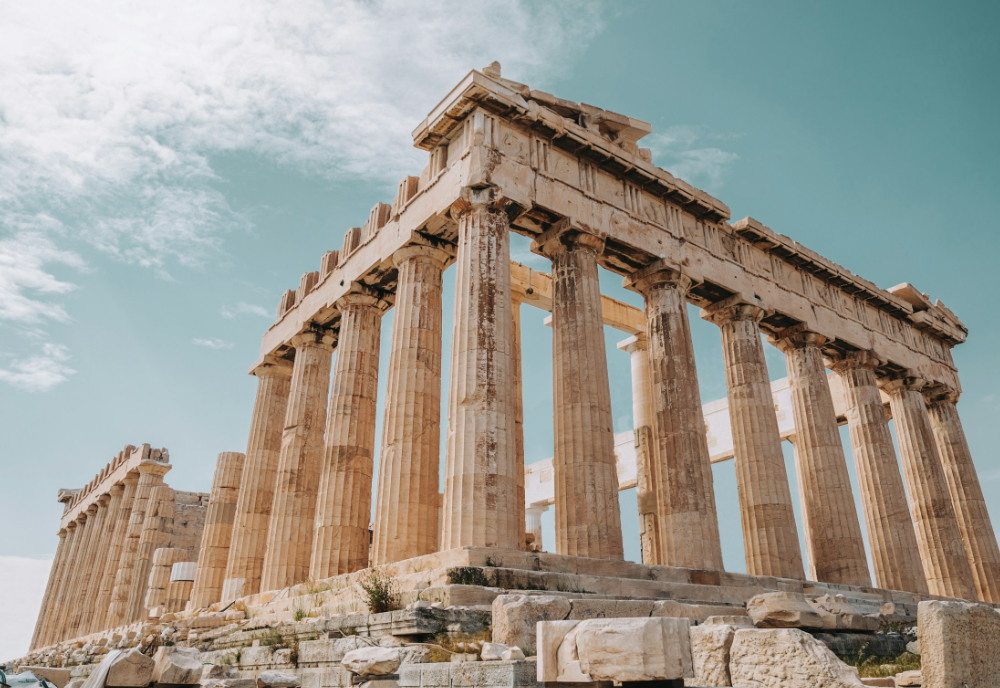Autocracies are very serious places. They have to be. Their power is founded on an absurdity – the assertion that one person or ideology is superior to all others, and that that person or ideology holds the answer to all human questions.
Such a claim is, of course, ridiculous. Elements of genius aside, all human beings are endowed with roughly equal judgement. In ordinary circumstances, such a claim would incur a clamour of public derision.
But autocracies are not ordinary places. They are reified fantasies in which one person is empedestalled as uniquely gifted and percipient. Needless to say, such a fantasy must be enforced by martial suasion, for humans are generally contemptuous of overblown pomposity. Yet, they will, if forced, bow to those they conceive to be made of higher stuff.
Tyrants must justify their supremacy by appeal to superiority. They must force upon their subjects the fiction that they – the tyrant – are so much higher that everyone else has no logical choice but to submit. Anything which compromises that imperious self-projection must be formally denounced or eradicated – laughter most especially.
Laughter is, essentially, subversive. When we laugh at something, we are subliminally recognising that it contains some measure of absurdity. We see that it is not perfect.
Perfect things, after all, should have no crack or fissure for laughter to wriggle into. It is only imperfect things that can be funny. And they are funny because their imperfection contrasts so sharply with the ideal we have of them. The resulting shortfall exposes the absurdity of our expectations or pretensions – and that absurdity is risible.
Laughter, then, is a kind of vocalised discernment. It signals that we have seen the real through the façade. This, of course, can be politically troublesome, for it shows also that we have seen how little claim something has on our reverence – and, more worryingly for the tyrant, how unworthy it is of our obedience.
Laughter unnerves tyrannies because it opens a doorway to insubordination. And for that reason tyrants tend to proscribe comedy.
Broadly speaking, much of comedy’s appeal lies in its tendency to point out the flaws and inconsistencies of human enterprise. This allows us to see momentarily behind the curtain of appearances we generally keep drawn across the stage of civilised conduct. The sudden perception of that repressed reality throws into relief the pretensions that repress it.
Comedy thus exposes the uncomfortably meagre motives that lie beneath our outward propriety, juxtaposing what we pretend to be with what we are – exactly what tyrants want to hide. And, in a world accustomed to dissimulation, this sudden revelation is curiously pleasurable. We express that pleasure in laughter.
Comedy thus functions by surprising us with small epiphanies that reveal to us our inanity. Laughter is a spasm of recognition – an audible acknowledgement of the truth.
And that recognition is profoundly egalitarian, for it deflates the bubbles of pretension we blow up around ourselves, and shows how prone we all are to error.
Laughter, in this analysis, is deeply humanising. It acknowledges our deepest human kinship – fallibility. That is why it is so extraordinarily effective at forging amity – it unifies us in the commonality of frailty.
And such diminishment is crucial to our maturation. To grow, we must endure diminishment. We must grow, as it were, downwards, descending to adulthood from the selfishness of childhood and the self-importance of youth. Those who do not go through this process become, by and large, egregious narcissists – and, in exceptional cases, when the political milieu allows it, autocrats.
Laughter is, therefore, crucial to our sense of liberty and proportion. As well as helping to prevent us from regarding ourselves too highly, and falling into the quagmire of self-regard, it keeps us from regarding others too highly, and sinking into the quicksand of adulation. Laughter pollards the ambitions of despotism, and keeps us from the servility of idolatry.
But tyrants – and tyrannical ideologies – cannot afford such diminishment. The only emotion they can permit with regard to themselves is an awed and earnest reverence.
As such, they establish around themselves cults of humourless credulity whose objective is to cement with utter seriousness the fable of their perfection – a fable usually reinforced by theatrical displays of public veneration.
Laughter…is deeply humanising. It acknowledges our deepest human kinship – fallibility.
Such has been the way with every despotism from Christianity to the Kim dynasty in North Korea. To indemnify their power, despots sacralise themselves and force their subjects to earnest sanctimony. Seriousness is the cornerstone of despotism.
The upshot of all this is that we should recognise sanctimony, seriousness and the suppression of laughter for what they truly are – markers of autocracy and signs that an ideology has absolutist leanings.
When an idea casts itself as too sacred to be laughed at or too noble to be mocked, it is really proclaiming itself superior to all other forms of thought – uniquely untouched by the all-pervasive blight of human error. But such a claim is merely a reformulation of the autocrat’s justification. Its purpose is to convince people that, since an idea is faultless, they ought to submit to it.
In the West, of course, Christianity has had a monopoly on this tendency, making for nearly two millennia of stern theocratic rule in which mockery was denounced as blasphemy – a prohibition that effectively kept at bay the vigour of criticism and dissent.
Today, other faiths employ this tactic, most notably Scientology and Islam – a dreadful consequence of which was the stabbing of Salman Rushdie in New York. Such an atrocity can only arise from a deeply sanctimonious mindset – a mindset so convinced of the inviolability of its own beliefs that it feels compelled to eradicate all contradiction.
This is the necessary result of sanctimony. Sanctimony is consecrated to an absolute, and an absolute can be preserved only by eradicating contravention. In a world ringing with the music of contravention, physical coercion is the only option. Sanctimony will always turn inquisitorial. It will always quash heresy with violence.
To this end, absolutes spawn priesthoods of devoted acolytes whose mandate is to dissuade people from dissent, and coerce them to earnest and unlaughing acquiescence.
The lesson is clear: to transform an ideology into idolatry, you must ensure that your ideology remains serious. That is why it is so hard to find a humorous sentence in the writings of the church fathers, or why the Bible itself is, despite its voluminous size, entirely devoid of jokes.
But it is not only religion we must guard against in this respect; it is any idea that presents itself as too rarefied for mockery and criticism. Any claim to stand outside the pale of opposition is absolutist in nature.
While it was Christianity that claimed this in the past – at least in the West – today it is the ideology of ‘wokeness’.
Inchoate and mutable as it is, wokeness nonetheless claims to be too serious, too important, too ethically momentous for derision. It demands that we approach it with an awed solemnity, and conform without demur to its sacral preachments.
But these demands are absolutist at root, and we must oppose them with derogatory laughter. If we accord wokeness the immunity it desires, it will grow towards despotism and suppression – as its continuing spate of cancellations shows.
Even the most well-meaning ideology will be corrupted by the suppressive urge if given rein to do so. In the bitter chronicle of history, well-meaning ideologies have spawned as many atrocities as outright wickedness – and all of them, from revolutions to political purges, have been convinced of their benevolence.
No serious ideology has ever conceived of itself as less than well-meaning. But benevolent intention is no shield against moral putrefaction, and even the kindliest thoughts turn intolerant when stewed in the vinegar of solemnity.
All forms of intolerance, from inquisitions, to cancel culture and knife-wielding censors, are moved by the same impetus of noxious sanctimony – the same zealous conviction that their own beliefs must not be impugned, on pain of death. Sanctimony is the crusader’s justification; it always advocates purgation, always demands the holy land be cleansed.
Given this fact, we must meet all forms of sanctimony with derision. If we buy into their solemnity, we assist their ascendancy – and one can never tell when an idea will vault from ascendancy into authority.
Where laughter is forbidden, human conduct always skews towards violence. This holds true in any degree whatsoever, from the stern Victorian father with his punitive morality, to the militant Catholic Church with its Crusades and Inquisitions.
If people cannot laugh at the dominant ethos, the dominant ethos moulders into cruelty. Left to prove, it swells to inquisitions, show-trials, massacres, mass suicides, witch-hunts and creeping ‘cultural reforms’ that, like Mao’s ‘Great Leap Forward’ or Pol Pot’s rural reforms, plunge whole nations into misery and want. Humourlessness is the seed-bed of brutality.
It is crucial, therefore, to keep the forums of satire and parody open, and never to let our instinct to ridicule be cowed. Laughter keeps things in proportion; it prevents us from accepting the inviolability of any system of thought, the sanctity of any person, the divinity of any idea. It restrains us from the chains of acquiescence.
When an idea casts itself as too sacred to be laughed at or too noble to be mocked, it is really proclaiming itself superior to all other forms of thought…
Of course, there will always be people whose natural credulity will lead them to idolatry, but those of us committed to liberty have a duty to keep oiled the mechanisms of irreverence that restrain us from the Kool-Aid. Laughter is, in every sense, the best medicine.
If woke-ites or theocrats protest that we are bullying them, shaming them or denying them due reverence, we must laugh at them all the harder. Such objurgations are merely strategies to bend us to conformity.
Any truly liberal ideology will accept derision and dissent, trusting to its own merits to gain acceptance. Only despotic ideologues demand our reverence.
Above all, laughter is apotropaic, helping preserve us from oppression. Common as it is, it may be our strongest countermeasure against the impulse of authoritarianism – and we must not be shy of using it.
Despite what woke-ites say, ridicule is not always bullying and laughter is not always cruel. Fundamentally, laughter is a defensive weapon. While it can be used offensively, its essential nature is that of a shield. When we use it to skewer sanctimony and pretension, we do so only to ward off the more egregious growth of absolutism.
To keep democracy liberal, therefore, nothing – no idea, no religion, no ideology – must be immune to derision. When belief systems are fenced-off from mockery, they fatten into monsters.
We must check that monstrous growth with ridicule, and blow out the sparks of autocracy before they catch fire. That has been the duty of laughter since the time of Aristophanes, and that must be its duty until the last gasp of the species.
Yet it can be tempting to forbear derision, for the conscientious citizen does not typically wish to hurt people’s feelings – and woke-ites, in particular, are fanatical about preserving feelings. But hurt feelings are a consequence of truth, and truth is crucial to progress.
If we refuse to engage with truth, the momentum of progress halts. Bigotry always causes stultification. While the church reigned in Europe, the Dark Ages reigned also. Bigotry is really just the rejection of facts that can invalidate the bigot’s authority – the envious defence of a power built precariously on the sand of ignorance.
As such, bigots prefer authoritarian darkness to emancipated light. When the church burned Bruno and censured Galileo, it was merely suppressing facts that would dismantle its authority. The soil of despotism is intellectual darkness.
The same holds true for any ideology. When it reaches for the gag-order, it is actually quashing ideas capable of scuttling its authority. But, in doing so, it is tacitly admitting that truth lies outside its own ambit, and that its pretensions to absolutism are a sham.
If it were sure of its veracity, it would be unperturbed by dissent or ridicule. It would sit serenely confident of its pre-eminence, as science does today. When an ideology becomes suppressive, it is disclosing how easily it could be dethroned.
But that dethronement is crucial. All absolutes must shrink before the march of progress. Diminishment is necessary to maturation. Christianity had to shrivel for the Enlightenment to arise; the Kim dynasty must crumble for North Korea to modernise.
To move forward, humankind must give up the blinkers of faith. The universe is brimming with facts that are going to butt up against our dearest-held beliefs. But the dearness of those beliefs cannot change the facts. Whatever our creed, the universe will be as it is. All we can do is make ourselves malleable enough to accept it.
That might mean the diminishment of our egos, but such is the price of human progress. Copernicus, Galileo and Darwin affronted the egos of generations, but their truths carried us to fresher pastures of understanding. The path to wisdom runs through brambles.
Our foremost duty as humans, therefore, is to laugh at everything – most especially sanctimony, for that blocks the channels of inquiry. And if an idea seeks to inflate its own importance and make itself our idol, we must laugh into abeyance.
Laughter should be the prime directive of all democratic minds. Like a conceptual MRI scanner, it reveals the tumours which threaten freedom. It is as vital to the psychological wellbeing of society as it is to the psychological wellbeing of the individual. It anchors us to reality and holds us back from reason-crushing awe.
If you want a warning of the opposite, just look at countries where laughter is forbidden. They are unilaterally unfree.
In the unceasing battle for freedom, we must cleave to a principle of universal ridicule. We must greet the sombre ideologue with merriment. And those who scorn to laugh, we must laugh to scorn.
If you wish to republish this original article, please attribute to Rationale. Click here to find out more about republishing under Creative Commons.
Photo by Gabrielle Henderson on Unsplash.



